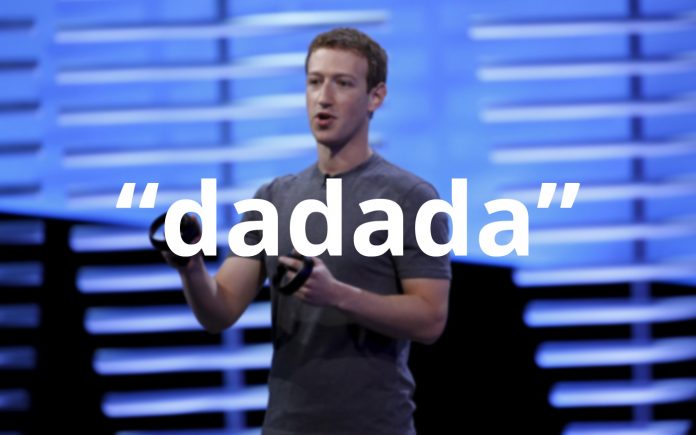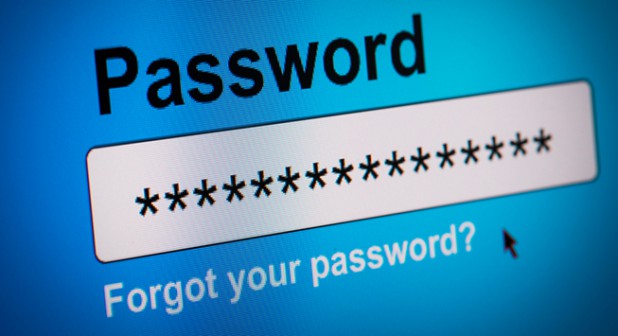
How to protect the account in the social network from hacking?
Today, almost everyone has accounts on social networks. With their help, we exchange information with friends and find out the latest news. Most of us without thinking discloses information and surnames on social networks as a name and surname, address of residence, study and other personal information, which has value for intruders. Some even use correspondence with colleagues on Facebook or Vkontakte to send information on work.
Today, almost everyone has accounts on social networks. With their help, we exchange information with friends and find out the latest news. Most of us without thinking discloses information and surnames on social networks as a name and surname, address of residence, study and other personal information, which has value for intruders. Some even use correspondence with colleagues in Facebook. or In contact with To send information on work.
All this made social networks with a lackless piece for fraudsters, hackers and other cybestos. Even if the information itself, which is published on your page is not important, attackers can hack it, use to send spam.
How to hack accounts?
In order to understand how to protect your accounts in social networks from hacking, you need to know how they are selected. If you think that for these purposes, complex and expensive software are used, then you are mistaken. Yes, if the hakwar needs to steal some particular account, then it will apply special programs for these purposes and other tools. But, for the most part, cybercriminals steal accounts that have simple passwords.
Probably, everyone has already heard a story about how Facebook founder brand Zuckerberg hacked the account in Twitter.. It was not difficult to do this, because one of the richest inhabitants of our planet used a password for his own social network "Dadada".

In order to steal the Account attacker require two things: Login and password. Many social networks use the phone number as a login. Surprisingly, some users of such social networks can specify their phone number in the Contacts section. It turns out that they themselves make half the work for hackers.
And if you think your page is not needed by cybercriminals, it is not. Moreover, they use a simple program for collecting logins, which "PARTS" contacts blindly. That is, its algorithms without a difference, who is the owner of a student page or some top manager in a large company. And naturally, your phone number may also be in the list of "sparse" rooms.
Rule # 1.. If the social network uses a phone number or email as a login, then in no case specify them in open contacts. Do not facilitate the "work" of hackers.
Suppose you have not yet read this article and your login has already been in the hands of an attacker. Now he will be able to choose a password. The simplest to try to specify as a password is all the same login. Yes, there are people who indicate their login as a password. Well, not to forget.
Rule # 2.. Hence the rule, never put your login as a password. As an experiment, you can do it. If you're lucky, your account is hacked in a few days. And can and right now.
For this purpose, attackers can take advantage of a special program that will select simple passwords to accounts. Of course, all advanced networks are closed from such programs. But it can be done with your hands.

Another favorite password option - the word "Password"
That is, the "password" in English. A modern person has so much lazy that simply copies the word placed on the Password input field and saves the data.
But, there are those who use their date of birth as a password. Forgetting that some social networks can display it in contacts. And if you do not reflect that your friends can be "joked" over you, causing an account. They know exactly when you have a birthday.
Remember the program that "PARTS" phone numbers. It can collect other information published on your page. Including the date of birth. Do you think the attackers will hardly check such a password?
Rule # 3.. Do not use the date of birth as a password and other data that you can find on your page.
If you use multiple social networks, then do so that passwords from accounts in each of the social networks have been different. Hackers can hack any account. Only for Twitter or ClassmatesThey will not stop. Malefactors must be checked by other social networks for your pages. After that, they will only need to insert that password that they will be accessed.
Remember, about the brand Zuckerberg? He is not the first time with the victim of cybercriminals. When once again he was hacked by an account on Twitter, they recognized his working Email. With his help and password, which has already been known for hackers, they hacked the Zuckerberg page in LinkedIn.. Passwords coincided.
How else to protect the account?
Sophisticated password. The easier the password, the easier it is to pick up it. A reliable password can be considered such that has a length of 8-9 characters and consists of alternating letters, numbers and various symbols. Hard to remember? Do not matter, write down the password on a piece of paper and put next to the computer.
Secret Question. Many social networks at registration are asked to ask a secret question and answer to it. Some people do not want to spend an extra minute and fill the fields unconsciously. But it is better to stop and come up with such a question and the answer that you will never forget. And if you are afraid to forget, then write them next to the password. This secret question and the answer to it will be needed in rare and foremutorous cases. For example, when losing access to your accounts due to his hacking.

The secret question may be
Two-stage authentication. You can safely protect the account on the social network using two-factor authentication. What does it mean? Everything is very simple. When you enter your account, you will need to fill out not only the login and password, but also the code that comes to your phone specified during registration. Naturally, without your phone number, even selected by hackers, the login and password will not be able to give cybercriminals access to the account.
